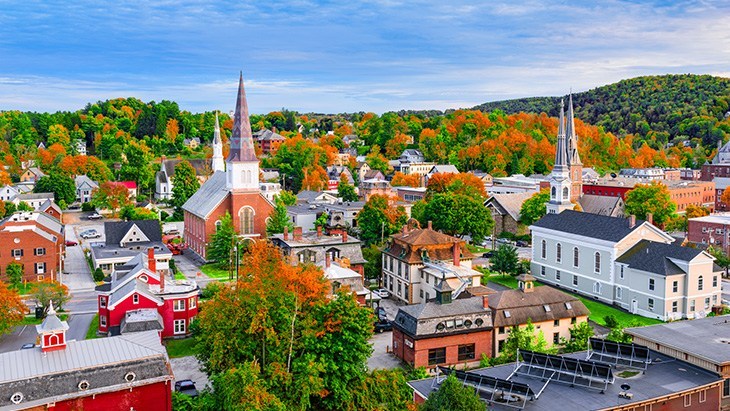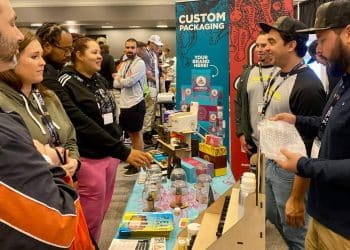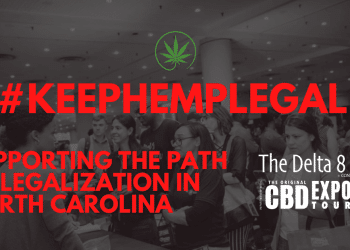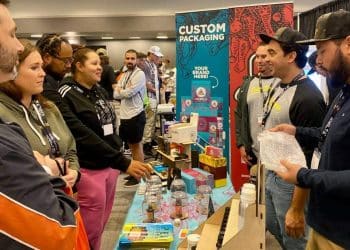Washington, DC: Today, it became clear that the House will postpone the much-anticipated vote on HR 3884: The Marijuana Opportunity, Reinvestment, and Expungement Act, commonly referred to as the MORE Act.
NORML Political Director Justin Strekal said:
“This delay by the House does not change the fact that the overwhelming majority of voters support ending the federal prohibition of cannabis, including majorities of Democrats, Independents, and Republicans.
“This delay does not change the fact that 33 states and the District of Columbia regulate the production and distribution of medical cannabis in a manner that is inconsistent with federal policy, and that one-out-of-four Americans now reside in jurisdictions where adult-use is legal under state law.”
“This delay does not change the fact that voters in several states, including key electoral battleground states for both control of the Presidency and the Senate, will be passing similar state-level [cannabis] measures on Election Day.”
In the past few weeks, the MORE Act gained dozens of new co-sponsors and likely had the support to pass the House floor with a bipartisan majority vote. Overwhelmingly, the concerns that led to a delay in the roll-call were not substantive about the legislation itself. Rather, they were a result of the political uncertainties and division that have consistently plagued Congress in the wake of the Senate and White House’s refusal to work with House Democrats to pass another round of COVID economic relief.
It is expected that the vote will be rescheduled in November.
More information about MORE, [cannabis] policy broadly, and public polling
Key Facts:
- According to a recent report by the ACLU, Black Americans are 3.6 times more likely to be arrested for cannabis-related crimes than white Americans.
- According to the FBI UCR, over 663,000 Americans were arrested for [cannabis]-related crimes in 2018 alone.
- The state-legal cannabis industry employs over 243,000 full-time workers. In context, that is over four times the number of jobs specific to the coal industry.
- While the substance is not without harm, cannabis is far less harmful than legal and regulated alcohol and tobacco.
The MORE Act would:
- Decriminalize [cannabis] federally by removing cannabis from the Controlled Substances Act
- Facilitate federal expungements for minor charges and incentivize state and local governments to do the same
- Create pathways for ownership opportunities for local and minority entrepreneurs
- Allow veterans to obtain medical cannabis recommendations from their VA doctors
- Remove the threat of deportation for immigrants
- Among other important changes.
Polling:
Data for Progress, March 2020
Would you [support or oppose] fully legalizing [cannabis] at the national level? (Democrats only)
- 80% Support (60% strongly, 20% somewhat)
- Moderates: 69% support
- Liberal/Very Liberal: 87% support
- 14% Oppose (8% strongly, 6% oppose)
- Moderates: 19% oppose
- Liberal/Very Liberal: 9% oppose
Pew Research Center, Nov. 2019
Question: The use of [cannabis] should be made legal?
- Overall: 67% Yes – 32% No
- Democrats / Lean Democrats: 78% Yes – 20% No
- Republicans / Lean Republicans: 55% Yes – 44% No
Gallup Polling, Oct. 2019
Question: Do you think the use of [cannabis] should be made legal, or not?
- Overall: 66% Yes – 33% No
- Democrat: 76% Yes – 23% No
- Republicans: 51% Yes – 47% No
- Independents: 68% Yes – 30% No
Recently, multiple letters have been sent to House leadership requesting consideration for the MORE Act on the floor in September. They include:
- The Leadership Conference on Civil and Human Rights leading a diverse coalition of over 120 groups cosigning, including ACLU, NAACP, Human Rights Watch, Drug Policy Alliance, NORML, the Immigrant Legal Resource Center, the Justice Roundtable, Matthew Shepard Foundation, NACDL, National Association of Social Workers, the National Association of Women (NOW), and many others. Letter can be viewed here.
- Over 100 public health professionals from the perspective of clinicians, nurses, academics, researchers, social workers, etc. Letter can be viewed here.
- Fair and Just Prosecution (FJP) and Law Enforcement Action Partnership (LEAP), along with law enforcement experts including dozens of current and former police officers, sheriffs, prosecutors, etc. Letter can be viewed here.
###
NORML advocates for changes in public policy so that the responsible possession and use of [cannabis] by adults is no longer subject to criminal penalties. NORML further advocates for a regulated commercial cannabis market so that activities involving the for-profit production and retail sale of cannabis and cannabis products are safe, transparent, consumer-friendly, and are subject to state and/or local licensure. Finally, NORML advocates for additional changes in legal and regulatory policies so that those who use [cannabis] responsibly are no longer face either social stigma or workplace discrimination, and so that those with past criminal records for [cannabis]-related violations have the opportunity to have their records automatically expunged.
Find out more at norml.org and read our Fact Sheets on the most common misconceptions and myths regarding reform efforts around the country
For Immediate Release
Contact:
Justin Strekal
NORML Political Director
[email protected]








![Drug Policy Alliance Statement on the House Delaying Justice for Millions Impacted by Racist [Cannabis] Policies](https://extractionmagazine.com/wp-content/uploads/2020/09/war-on-drugs-reparations-e1546988558230-75x75.jpg)




